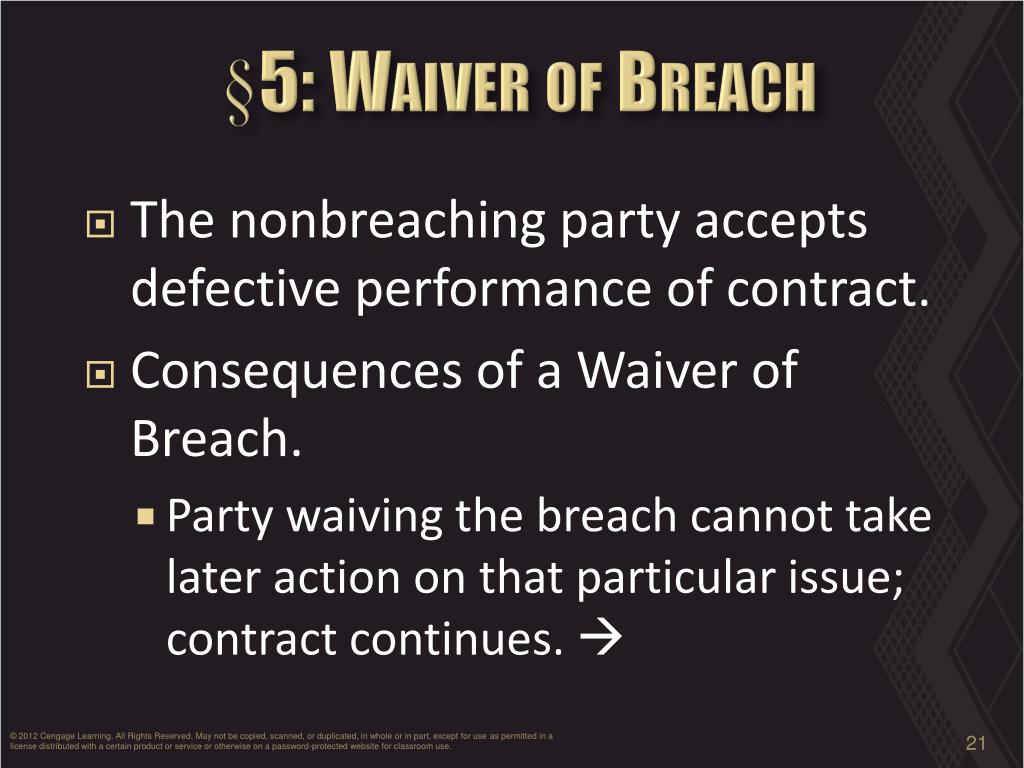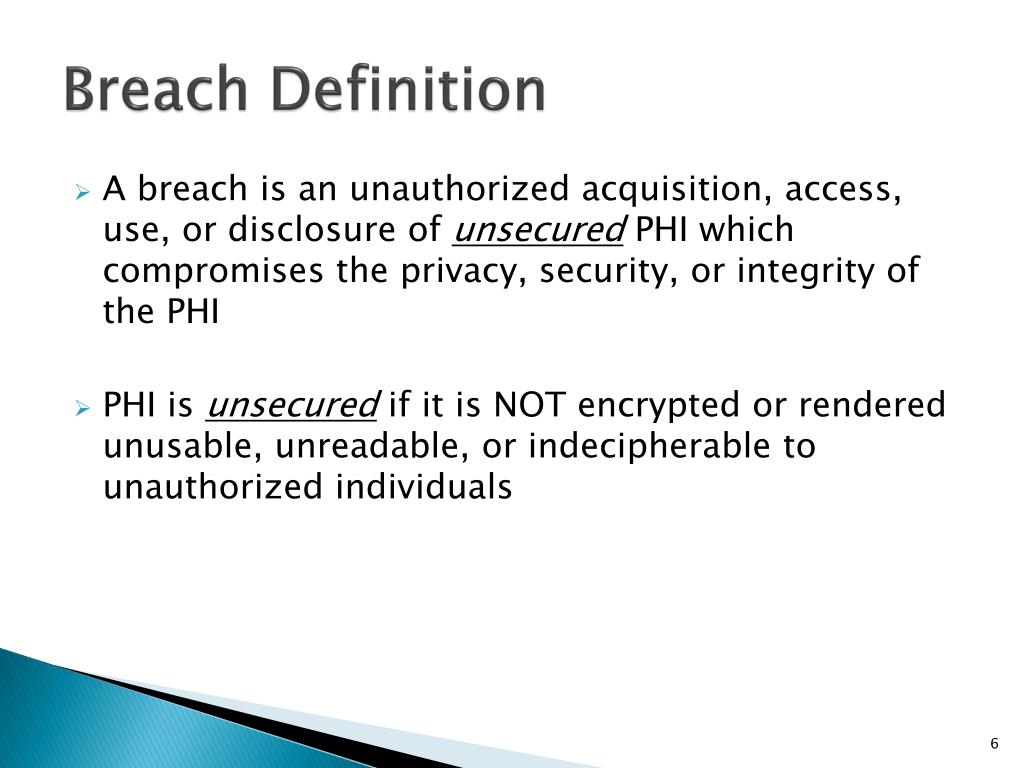
The two other types are breaches as to the future performance of the contract and are technically known as renunciatory breaches. The first type above is an actual breach of contract. A judge will make a decision on whether a contract was breached based on the claims of both parties. These classifications describe only how a contract can be breached, not how serious the breach is. This is not always the case: an individual may fail to perform a contractual obligation even when willing or able. If what was prescribed has not been done within the stipulated or reasonable period, there has been a breach of contract.Ī further form of breach of contract is conduct indicating an unwillingness or inability to perform an obligation arising from that contract.Īs noted by Seddon et al, these forms of breach of contract overlap, and an actual failure to perform may manifest an unwillingness or inability to perform. A contract lays down what must be done, what cannot be done, and when it must be done. The first is actual failure to perform the contract as and when specified constitutes the first and most obvious type of breach. There exists two elementary forms of breach of contract. Therefore, it makes sense to examine the laws of the country to which the contract is governed before deciding how the law of contract (of that country) applies to any particular contractual relationship. Each country has its own independent, freestanding law of contract. It is important to bear in mind that contract law is not the same from country to country. If a contract is rescinded, parties are legally allowed to undo the work unless doing so would directly charge the other party at that exact time. Where there is breach of contract, the resulting damages have to be paid to the aggrieved party by the party breaching the contract. Breach occurs when a party to a contract fails to fulfill its obligation(s), whether partially or wholly, as described in the contract, or communicates an intent to fail the obligation or otherwise appears not to be able to perform its obligation under the contract.

Duty of honest contractual performance (or doctrine of abuse of rights) 6.Liquidated, stipulated, or penal damages 3.

UNCITRAL Model Law on International Commercial Arbitration.UNIDROIT Principles of International Commercial Contracts.JSTOR ( December 2009) ( Learn how and when to remove this template message).Unsourced material may be challenged and removed.įind sources: "Breach of contract" – news

Please help improve this article by adding citations to reliable sources. This article needs additional citations for verification.


 0 kommentar(er)
0 kommentar(er)
